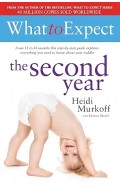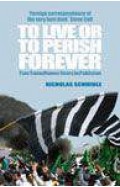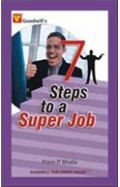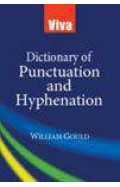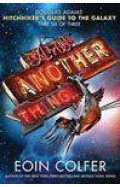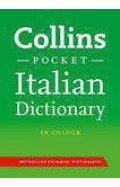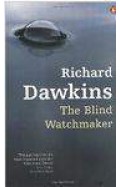- Home
- Books
- All Time Bestseller
- The Invention of Science - A New History of the Scientific Revolution
The Invention of Science - A New History of the Scientific Revolution
By: David Wootton
-
Rs 3,371.25
- Rs 4,495.00
- 25%
You save Rs 1,123.75.
Due to constant currency fluctuation, prices are subject to change with or without notice.
Before 1492 it was assumed that all significant knowledge was already available; there was no concept of progress; people looked for understanding to the past not the future. This book argues that the discovery of America demonstrated that new knowledge was possible: indeed it introduced the very concept of 'discovery', and opened the way to the invention of science.
The first crucial discovery was Tycho Brahe's nova of 1572: proof that there could be change in the heavens. The telescope (1610) rendered the old astronomy obsolete. Torricelli's experiment with the vacuum (1643) led directly to the triumph of the experimental method in the Royal Society of Boyle and Newton. By 1750 Newtonianism was being celebrated throughout Europe.
The new science did not consist simply of new discoveries, or new methods. It relied on a new understanding of what knowledge might be, and with this came a new language: discovery, progress, facts, experiments, hypotheses, theories, laws of nature - almost all these terms existed before 1492, but their meanings were radically transformed so they became tools with which to think scientifically. We all now speak this language of science, which was invented during the Scientific Revolution.
The new culture had its martyrs (Bruno, Galileo), its heroes (Kepler, Boyle), its propagandists (Voltaire, Diderot), and its patient labourers (Gilbert, Hooke). It led to a new rationalism, killing off alchemy, astrology, and belief in witchcraft. It led to the invention of the steam engine and to the first Industrial Revolution. David Wootton's landmark book changes our understanding of how this great transformation came about, and of what science is.
Before 1492 it was assumed that all significant knowledge was already available; there was no concept of progress; people looked for understanding to the past not the future. This book argues that the discovery of America demonstrated that new knowledge was possible: indeed it introduced the very concept of 'discovery', and opened the way to the invention of science.
The first crucial discovery was Tycho Brahe's nova of 1572: proof that there could be change in the heavens. The telescope (1610) rendered the old astronomy obsolete. Torricelli's experiment with the vacuum (1643) led directly to the triumph of the experimental method in the Royal Society of Boyle and Newton. By 1750 Newtonianism was being celebrated throughout Europe.
The new science did not consist simply of new discoveries, or new methods. It relied on a new understanding of what knowledge might be, and with this came a new language: discovery, progress, facts, experiments, hypotheses, theories, laws of nature - almost all these terms existed before 1492, but their meanings were radically transformed so they became tools with which to think scientifically. We all now speak this language of science, which was invented during the Scientific Revolution.
The new culture had its martyrs (Bruno, Galileo), its heroes (Kepler, Boyle), its propagandists (Voltaire, Diderot), and its patient labourers (Gilbert, Hooke). It led to a new rationalism, killing off alchemy, astrology, and belief in witchcraft. It led to the invention of the steam engine and to the first Industrial Revolution. David Wootton's landmark book changes our understanding of how this great transformation came about, and of what science is.
The Invention of Science - A New History of the Scientific Revolution
By: David Wootton
Rs 3,371.25 Rs 4,495.00 Ex Tax :Rs 3,371.25
Zubin Mehta: A Musical Journey (An Authorized Biography)
By: VOID - Bakhtiar K. Dadabhoy
Rs 472.50 Rs 1,050.00 Ex Tax :Rs 472.50
English, August: An Indian Story
By: Upamanyu Chatterjee
Rs 1,262.25 Rs 2,295.00 Ex Tax :Rs 1,262.25
Ayn Rand Set: The Fountainhead/Atlas Shrugged-(Set Of 2 Books)
By: Ayn Rand
Rs 3,505.50 Rs 3,895.00 Ex Tax :Rs 3,505.50
How to Predict Everything: The Formula Transforming What We Know About Life and the Universe - (PB)
By: William Poundstone
Rs 1,705.50 Rs 1,895.00 Ex Tax :Rs 1,705.50
Viva Dictionary Of Punctuation And Hyphenation
By: William Gould
Rs 135.00 Rs 150.00 Ex Tax :Rs 135.00
And Another Thing... (The Hitchhiker's Guide to the Galaxy)
By: Eoin Colfer
Rs 355.50 Rs 395.00 Ex Tax :Rs 355.50
Collins Pocket Italian Dictionary
By: Collins Dictionaries
Rs 1,491.75 Rs 2,295.00 Ex Tax :Rs 1,491.75
English, August: An Indian Story
By: Upamanyu Chatterjee
Rs 1,262.25 Rs 2,295.00 Ex Tax :Rs 1,262.25
Ayn Rand Set: The Fountainhead/Atlas Shrugged-(Set Of 2 Books)
By: Ayn Rand
Rs 3,505.50 Rs 3,895.00 Ex Tax :Rs 3,505.50
How to Predict Everything: The Formula Transforming What We Know About Life and the Universe - (PB)
By: William Poundstone
Rs 1,705.50 Rs 1,895.00 Ex Tax :Rs 1,705.50
No recently viewed books available at the moment.
Zubin Mehta: A Musical Journey (An Authorized Biography)
By: VOID - Bakhtiar K. Dadabhoy
Rs 472.50 Rs 1,050.00 Ex Tax :Rs 472.50
The Invention of Science - A New History of the Scientific Revolution
By: David Wootton
Rs 3,371.25 Rs 4,495.00 Ex Tax :Rs 3,371.25
English, August: An Indian Story
By: Upamanyu Chatterjee
Rs 1,262.25 Rs 2,295.00 Ex Tax :Rs 1,262.25
Ayn Rand Set: The Fountainhead/Atlas Shrugged-(Set Of 2 Books)
By: Ayn Rand
Rs 3,505.50 Rs 3,895.00 Ex Tax :Rs 3,505.50
How to Predict Everything: The Formula Transforming What We Know About Life and the Universe - (PB)
By: William Poundstone
Rs 1,705.50 Rs 1,895.00 Ex Tax :Rs 1,705.50












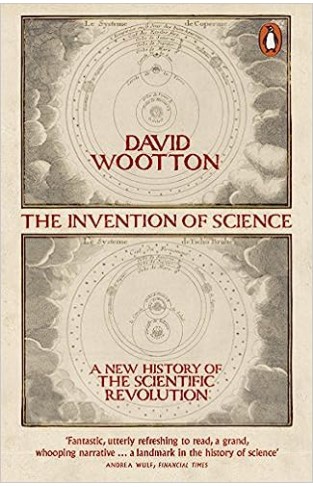
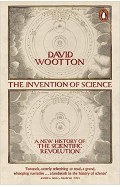
-120x187.jpg?q6)





-120x187.jpg?q6)

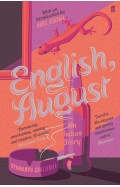
-120x187.jpg?q6)
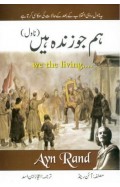
-120x187.jpg?q6)
